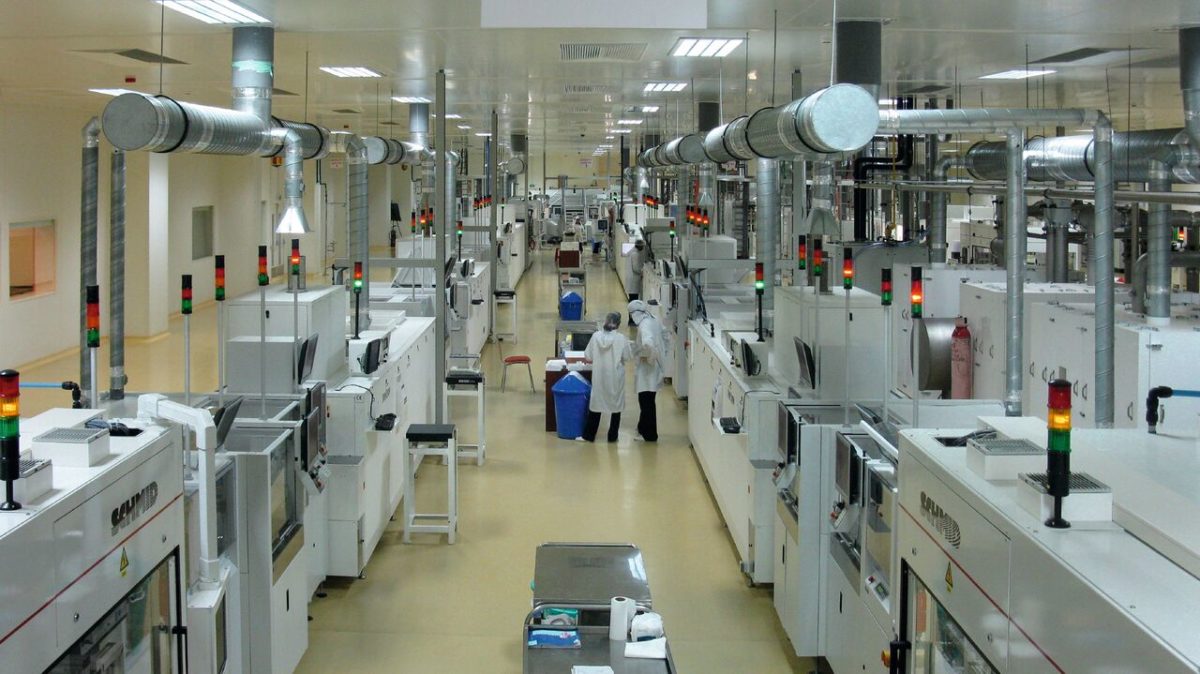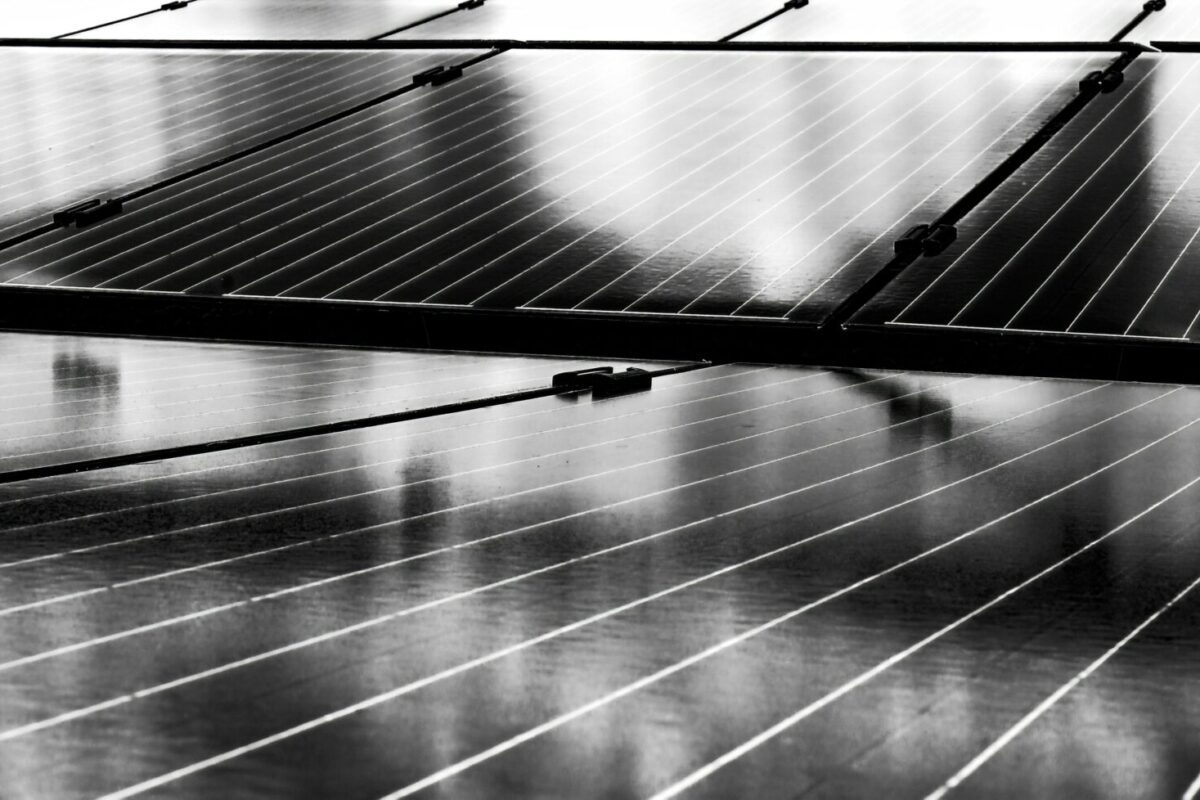From pv magazine India.
In the wake of this week’s disappointing outcome to the Solar Energy Corporation of India’s (SECI) much-trailed national PV project and manufacturing capacity tender, it has emerged the Indian government has launched another attempt to attract foreign solar producers.
With the vast majority of solar cells and modules used in Indian PV projects still imported – mostly from China and Malaysia – SECI’s attempt to procure the establishment of 5 GW of solar manufacturing capacity on Indian soil finally ended on Monday with just the 600 MW of production capacity offered by Delhi-based developer Azure Power, the sole bidder in a tender dogged by delays and revisions.
pv magazine has discovered the Central Electronics Ltd division of the federal Ministry of Science and Technology on November 3 published a call for expressions of interest by foreign solar manufacturers interested in setting up production lines through JVs with Indian companies.
The document appears identical to a similar EoI issued by the state-owned body in June, also published under the government’s Make in India initiative.
The EoI focuses on securing crystalline silicon cell and module manufacture in India but asks interested companies to describe their experience in polysilicon, ingot and wafer production as well as asking whether they would be interested in bringing such operations to India, as the federal government seeks to establish a domestic solar supply chain.
No deadline for submission of EoIs is given on the document.
This content is protected by copyright and may not be reused. If you want to cooperate with us and would like to reuse some of our content, please contact: editors@pv-magazine.com.




By submitting this form you agree to pv magazine using your data for the purposes of publishing your comment.
Your personal data will only be disclosed or otherwise transmitted to third parties for the purposes of spam filtering or if this is necessary for technical maintenance of the website. Any other transfer to third parties will not take place unless this is justified on the basis of applicable data protection regulations or if pv magazine is legally obliged to do so.
You may revoke this consent at any time with effect for the future, in which case your personal data will be deleted immediately. Otherwise, your data will be deleted if pv magazine has processed your request or the purpose of data storage is fulfilled.
Further information on data privacy can be found in our Data Protection Policy.